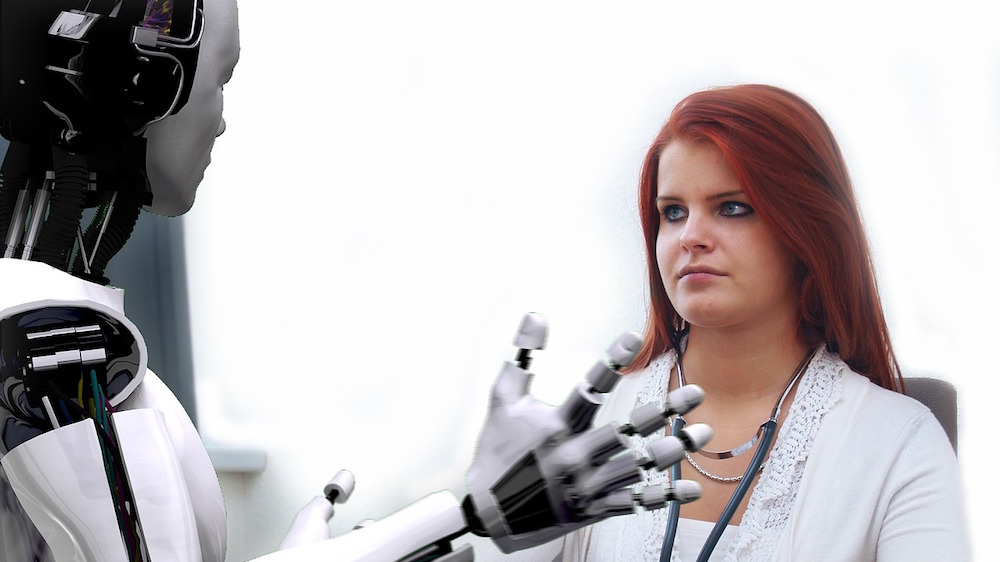Almost half (44%) of London-based PAs and admin employees fear that robots or artificial intelligence may replace their role, according to new research conducted among 200 support staff in the capital by luxury support specialist the Change Group.
This could put further pressure on UK PA and admin roles, which have already declined by more than 17% during the past 10 years, and which fell by 6.7% or 49,000 jobs in the last year alone (according to figures from the Office for National Statistics). This could pose a significant challenge, especially for female employment in the future given that women fill more than 90% of these positions. It is estimated that there are around 673,000 jobs in “secretarial and related occupations” in the UK, according to ONS figures published in August 2016.
In the face of this robotic threat, PAs and admins are fighting back by acquiring new skills (33%), extending their role into other areas such as marketing, HR and finance (33%), or retraining and planning a career change altogether (25%). Around 40% are also planning to take a qualification, the most popular being the CIPD’s HR course (12%).
Those who believe that robots will never replace valued support and admin employees completely continue to see the “personal touch” as being key to the value of the support function (56%). In addition, 26% say that their roles are already evolving and expanding in new directions to ensure they remain valued by organisations.
However, more than half of the PAs and admin employees questioned said their employer does not offer a career path for support staff (56%). Of those companies that do offer a career path, the main option is to become a more senior admin (40%) or to move sideways into a different discipline (34%).
In addition to the threat of automation, participants also cited “being spread too thinly across roles” and “the changing role of admin and support roles” as continuing challenges.
Support employees also appear to have less flexibility than their co-workers. While more than half (54%) said employees in their company have the scope to work flexible hours, only 42% of the PAs and admins questioned said this option was open to them.
Similarly, while a quarter (25%) said their companies allow employees to work from home, only a fifth of PAs and admin staff said this choice was available for their position (20%).
Craig Allen, Director of the Change Group said: “Our data shows that people working in support roles such as PAs and receptionists do feel challenged in the workplace and that they are worried about the threat of robots and artificial intelligence. The fact that there are almost 20% fewer people working in vital support roles over the past 10 years, and that many companies do not offer admin staff a career path, is cause for concern.
“However, PAs and support employees are not waiting quietly for robots to replace them. They are actively acquiring new skills and experience to ensure they have a place in the work force long term. The fact that they have fewer options to work flexibly or from home than their colleagues certainly suggests that their continued presence in the work place is vital to the smooth running of many companies.”











